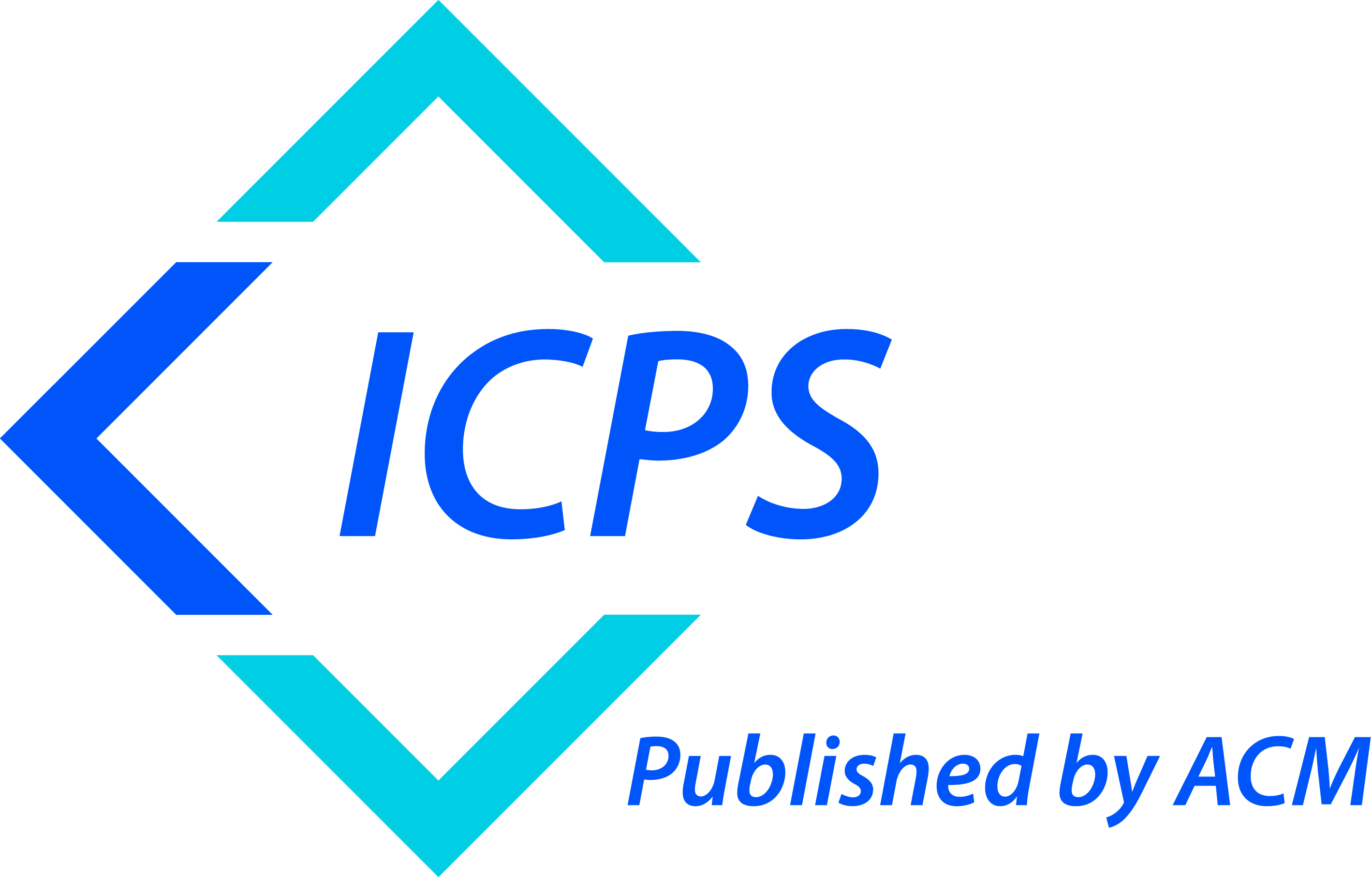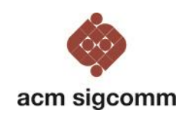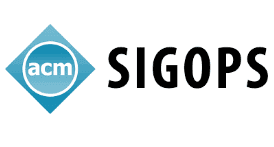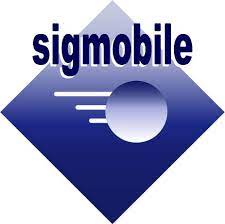ICDCN
2023
24th International Conference On
Distributed Computing And Networking
4-7th January, 2023
|
Department of Computer Science and Engineering, IIT Kharagpur
 |
 |
 |
 |
 |
Schedule for Doctoral Symposium
| Time | Event |
|---|---|
| 16:45 - 16:50 | Welcome Address |
| 16:50 - 17:20 | Invited Talk by Dr. Vijay K Shah, George Mason University, Virginia, USATitle: Enabling 5G/NextG Networks with Open RAN Architectures |
| 17:20 - 18:05 | Panel Discussion: Shaping Ph.D. Research and Career: Academia and Industry Perspectives Panelists: Prof. Sajal K Das (Missouri University of Science and Technology) and Dr. Debopam Bhattacharjee (Microsoft Research, India) |
| 18:05 - 18:15 | Paper: Dynamic Joint Deployment of SDN Controllers and Hypervisors for Softwarized 5G and Beyond – The Indian Perspective |
| 18:15 - 18:25 | Paper: An Efficient Framework for Updating Properties on Large Dynamic Networks |
| 18:25 - 18:35 | Paper: Reinforcement Learning for Real-Time Multi-Access Edge Computing |
| 18:35 - 18:45 | Paper: On the Message Complexity of Fault-Tolerant Computation: Leader Election and Agreement |
| 18:45 - 18:50 | Closing Remarks |